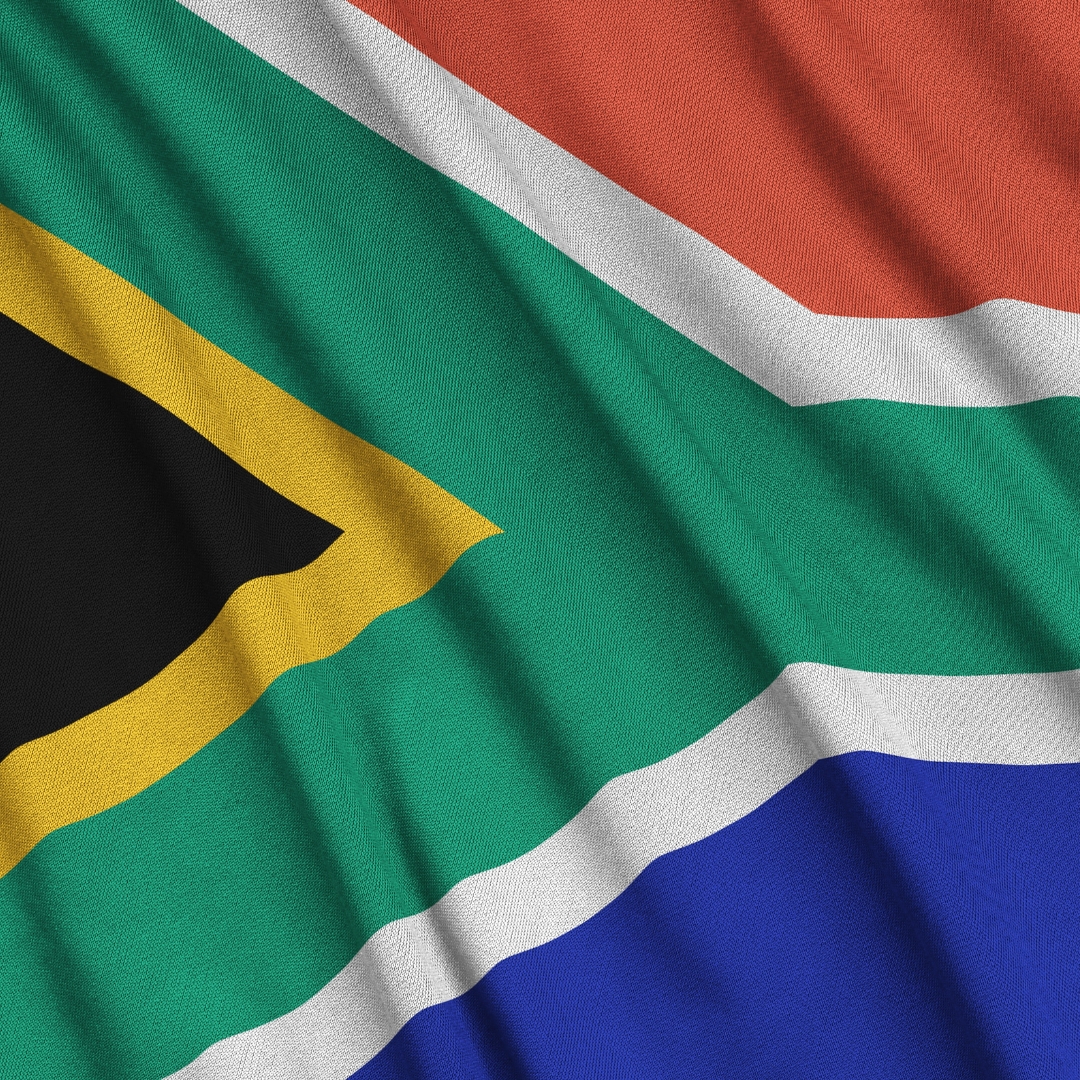In his speech on Thursday, 6 February 2025, President Cyril Ramaphosa said South Africa will introduce an ETA system this year. It will use artificial intelligence (AI) and automation to reduce the scope for corruption and enable rapid turnaround times for tourist visas.
David Frost, CEO of Southern Africa Tourism Services Association (SATSA), said in 2024 South Africa welcomed 2.1 million international visitors, which is only 82% of the foreigners who visited the country in 2019. This means a lot of hard work still lies ahead to recover to pre-pandemic levels.
According to World Travel and Tourism Council (WTTC) data the South African tourism sector contributes 8.8% to GDP and supports 1.68 million direct jobs.
Prof. Elmarie Slabbert, Professor at the School of Tourism Management at the North-West University, said given that tourist numbers are not yet at the level it was before the COVID-19 pandemic, the ETA will enhance accessibility to South Africa. This is embedded in a faster and more efficient system that will reduce frustrations for potential tourists.
With strong competition from the rest of Africa when it comes to tourism, especially for leisure, a simplified and quicker process to obtain a visa may convince potential tourists to rather choose South Africa. “The implementation of this type of technology will directly contribute to the growth of tourist numbers,” she said.
The crux is to implement it as quickly as possible. She said South Africa cannot afford to fall behind in terms of visa processes, because it will lead to a loss of visitors. “If the ETA can ensure efficiency, other countries, especially in Africa, will have to pull up their socks as South Africa remains a popular tourist destination. Other African countries like Namibia, Tanzania and Malawi also offer an online system, and the growth in visitor numbers is visible. Namibia, for example, reached their pre-COVID numbers in 2024.”
Tshifhiwa Tshivhengwa, CEO of the Tourism Business Council of South Africa (TBCSA), said an ETA to make it simpler, quicker and safer for those who need a visa to enter South Africa, should be welcomed.
In its deliberations with the Department of Home Affairs (DHA) on the Trusted Tour Operator Scheme (TTOS) last year, the implementation of an ETA formed part of TBCSA’s proposal.
Ramaphosa also alluded to the TTOS to attract more tourists from China and India. Travel agencies approved as Trusted Tour Operators will benefit from reduced red tape and enhanced turnaround times on visa applications they submit for large tour groups and will receive assistance in cases where language is a barrier.
Tshivhengwa said for visitors who require a visa for South Africa, the system will ensure an agile process for fast authorisation with a built-in risk. TBCSA wants the ETA to be available only to visitors from countries requiring visas to come to South Africa.
Countries such as the UK and New Zealand require all travellers to complete an ETA form, even those who does not require a visa to enter. This should not be the case for South Africa as it will add an extra layer of complexity, he said.
There are about 100 countries whose citizens can travel to South Africa without a visa or with visa waivers in place, and these visitors should not be burdened with added requirements, TBCSA said.
In a reference to the ETA last year, Minister of Home Affairs Dr Leon Schreiber said instead of having to go through red tape and manual procedures, travellers wishing to visit South Africa will have to create a profile on a secure online platform in order to submit an ETA application.
“The application must be adjudicated instantly, only requiring human intervention if an anomaly is detected by the machine. Over time, this system will replace paper-based visas by issuing the traveller with a unique digital code linked to their passport information,” the DHA said at the time.
Business leaders are encouraged by the ETA announcement as South Africa and the DHA have long been criticised for onerous processes and undue long delays in issuing visas to foreigners who want to visit South Africa for business, holiday or work opportunities.
Marisa Jacobs, Managing Director at Xpatweb and the BUSA NEDLAC Business Representative for Immigration, said eradicating more than 90% of the visa backlog by the end of 2024, was one of the big wins for DHA in the last year. The progress with processing visa applications, visa reforms and digitization at DHA, have already contributed to position the DHA as a vital economic enabler.
Ramaphosa said in his address to the nation these positive changes send a strong message that South Africa is open for business and tourism.
According to the Africa Visa Openness Index, early adopters of an ETA include Australia as far back as 1996, followed by the United States and Canada, and more recently, the United Kingdom (UK) and New Zealand.
Other countries offering ETA systems, include Korea and Mexico, while Thailand, Israel and Japan plan to launch an ETA for citizens that qualify for visa‑free entry soon.




